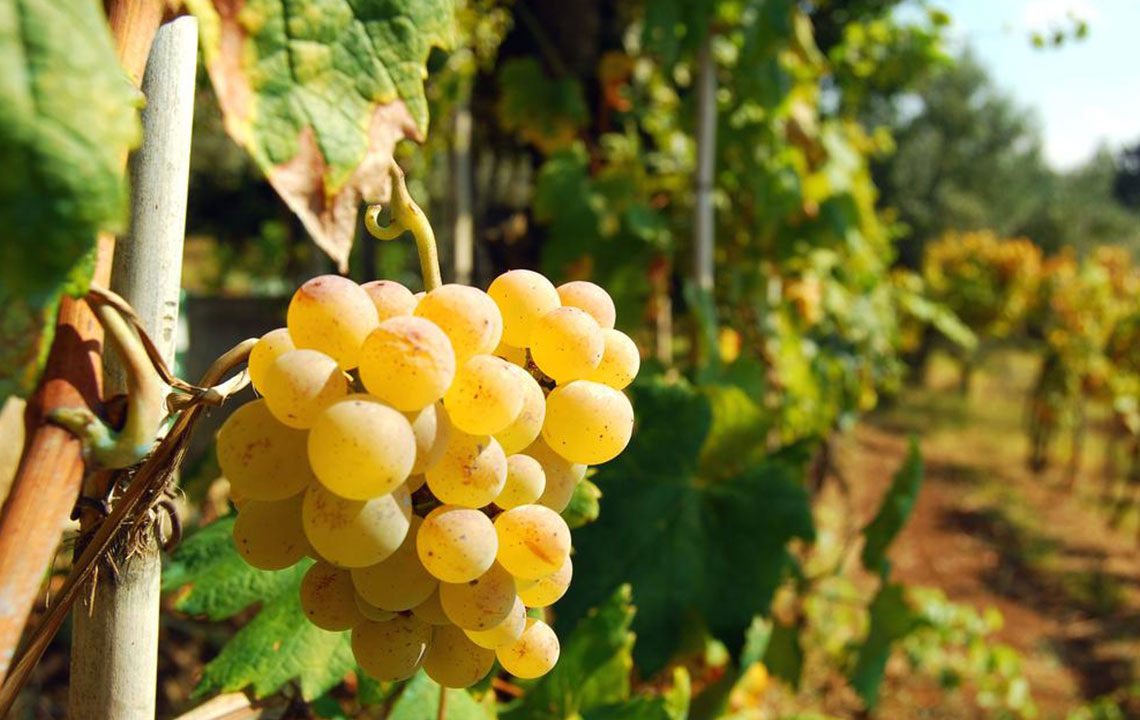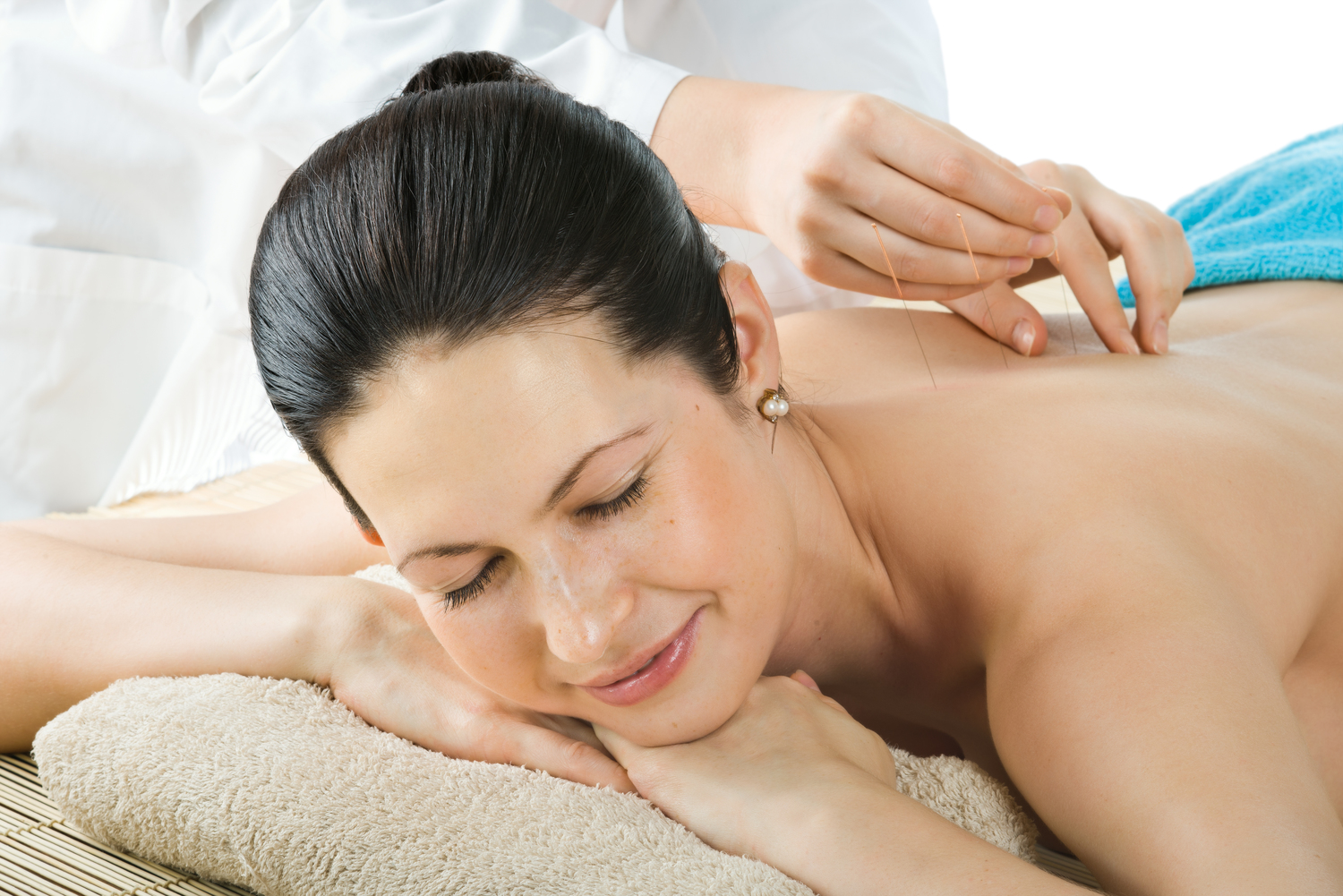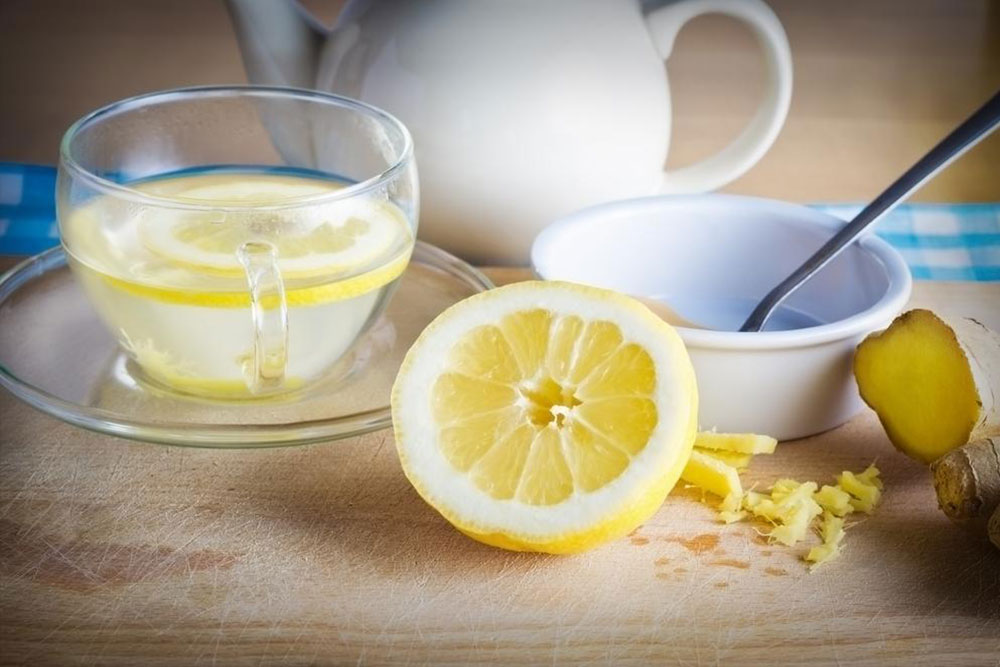Comprehensive Natural Approaches to Managing Overactive Bladder Symptoms Effectively
Explore comprehensive natural solutions for managing overactive bladder symptoms, including dietary changes, pelvic exercises, and traditional Chinese herbal remedies validated by scientific research. Learn how lifestyle modifications can significantly improve bladder health and quality of life without invasive procedures. A holistic approach combining modern and traditional therapies offers effective relief for OAB sufferers, empowering them to regain control and comfort.

Comprehensive Natural Approaches to Managing Overactive Bladder Symptoms Effectively
Overactive Bladder (OAB) is a prevalent condition that significantly impacts quality of life, characterized by sudden and uncontrollable urges to urinate, often accompanied by urinary incontinence. This condition affects millions worldwide, leading to embarrassment, social withdrawal, and potential health complications. Understanding the range of natural remedies and lifestyle modifications can empower individuals to manage symptoms effectively, often reducing reliance on invasive treatments and medications.
**Understanding Overactive Bladder (OAB)**
Overactive Bladder is a disorder of the urinary system distinguished by a frequent and urgent need to urinate, which can sometimes lead to accidental leaks. Although the precise cause of OAB is not always identifiable, several factors contribute to its development, including urinary tract infections, neurological disorders such as Parkinson’s disease, spinal cord injuries, and prostate enlargement in men. These factors can disrupt normal bladder function, leading to involuntary contractions of the bladder muscle (detrusor muscle).
While conventional treatments like Botox bladder injections or sacral nerve stimulators have proven effective for many, they are invasive procedures involving surgical interventions, which can carry risks and costs. As a result, there is growing interest in exploring natural therapies and lifestyle modifications that may alleviate symptoms without invasive procedures. These alternatives emphasize holistic health, dietary strategies, and traditional herbal remedies grounded in centuries of medicinal use.
Dietary Modifications for Symptom Relief
One of the simplest yet most effective strategies for managing OAB symptoms involves adjusting dietary habits. Certain foods and beverages can irritate the bladder and exacerbate symptoms. Common culprits include caffeine, alcohol, spicy foods, and citrus fruits, all of which can stimulate bladder contractions or increase urgency. Reducing or eliminating these from your diet can significantly diminish episodes of urgency and incontinence.
In addition to avoiding bladder irritants, increasing dietary fiber is highly recommended. Consuming foods rich in fiber, such as fruits, vegetables, whole grains, and legumes, helps promote healthy bowel movements. This can decrease pressure on the bladder resulting from bowel distension, which often worsens urinary urgency. Incorporating prune-based drinks like prune juice, applesauce, or wheat bran into daily routines not only improves bowel health but also contributes to overall bladder comfort.
Physical and Behavioral Techniques
Alongside dietary strategies, behavioral modifications are crucial in managing overactive bladder. Bladder training involves scheduled voiding and resisting the urge to urinate immediately, gradually increasing the interval between voids. Pelvic floor exercises, commonly known as Kegel exercises, strengthen the muscles that support the bladder and urethra, helping improve control and reduce leakages.
Regular exercise improves overall pelvic health, circulation, and nerve function, all of which are beneficial in managing OAB. Maintaining a healthy weight reduces pressure on the bladder, alleviating symptoms. Additionally, practicing relaxation techniques such as deep breathing or mindfulness can help control the urgency sensation, especially during stressful moments.
Traditional Chinese Herbal Remedies for Bladder Health
Traditional Chinese Medicine (TCM) offers a rich array of herbal formulations that have demonstrated potential in improving bladder function and reducing OAB symptoms. Scientific studies have begun validating the effectiveness of these herbal treatments, making them a popular natural option among those seeking alternative therapies.
Some notable Chinese herbs and herbal blends include:
Gosha-jinki-gan (GJG): a carefully curated combination of 10 herbs designed to enhance urinary health. Clinical trials indicate that GJG can reduce urinary frequency and improve bladder capacity, making it a promising herbal supplement for OAB management.
Hachimi-jio-gan (HE): an 8-herb mixture known for its calming effects. It helps relax bladder muscles, decrease involuntary contractions, and has a mild diuretic effect that balances urinary activity.
Corn Silk: traditionally used in Chinese medicine to treat urinary incontinence and infections. Corn silk strengthens the tissues of the urinary tract, reducing leakage and supporting overall bladder health.
Capsaicin: derived from Chinese peppers, this compound has been shown to increase bladder capacity and suppress pelvic pain associated with overactivity. It acts on nerve endings in the bladder, modulating sensations and contractions.
Ganoderma Lucidum (Lingzhi): a medicinal mushroom revered in TCM for its immune-boosting and anti-inflammatory properties. Recent clinical trials suggest Lingzhi can improve urinary function, decrease urgency episodes, and support overall bladder health.
Before incorporating any herbal remedies, consulting with a healthcare provider or a qualified herbalist is essential to ensure safety and appropriateness, especially for individuals with existing health conditions or those taking other medications.
**Integrating Natural Therapies with Conventional Care**
Natural remedies should be viewed as complementary to conventional treatments rather than replacements. Combining lifestyle modifications, dietary strategies, and herbal therapies can provide a holistic approach to managing overactive bladder symptoms. Regular consultations with healthcare professionals can help tailor a management plan suited to individual needs.
In conclusion, overactive bladder is a manageable condition with a variety of natural strategies. From dietary adjustments and pelvic exercises to traditional Chinese herbal remedies, individuals have many options to improve their quality of life. Emphasizing a holistic, integrated approach can lead to sustained symptom relief and better overall health.





